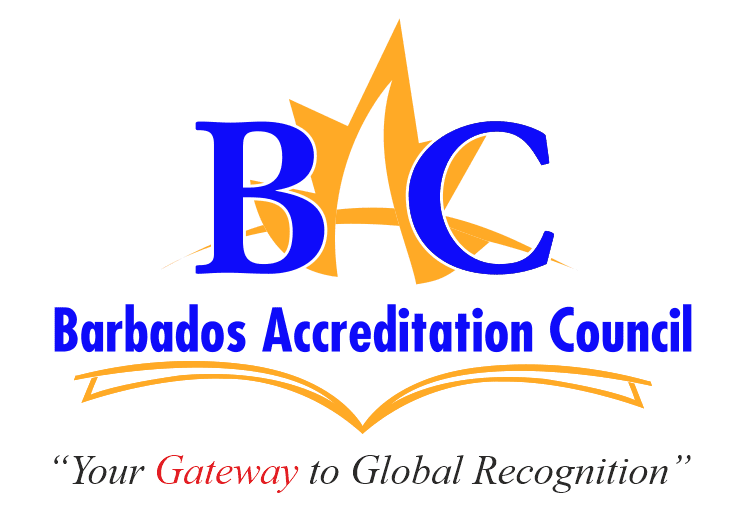By Rochelle Jordan
The theme designated for World Quality Week 2023 is “Quality: Realizing Your Competitive Potential.” In my capacity as a Quality Assurance Officer with a background in teaching Accounting and Management, I hold the view that this theme is especially pertinent.
Quality effectively unites two critical pillars of any prosperous organization – delivering high-quality products or services and maintaining a dominant position within the prevailing market competition.
Madani (2019), in a journal article titled “Analysis of Educational Quality, a Goal of Education for All Policy,” asserted that quality education encompasses various dimensions, including learners, learning environments, content, processes, and outcomes. This perspective underscored the multifaceted nature of quality in education, extending beyond the mere effectiveness of content delivery or the quantity of academic achievements. Quality assumes a pivotal role in enabling educational institutions to realize their competitive potential. Through a steadfast commitment to prioritizing and upholding rigorous quality standards, educational institutions can accrue several advantages that enhance their competitiveness.
These advantages include the strengthening of a provider’s reputation and brand. When an educational institution establishes itself as a provider of a high-quality learning experiences, it becomes the place of choice for learners, faculty, and staff. An increased enrolment of learners can lead to higher revenue and improved profit margins.
Moreover, it garners esteem and recognition within both academic and professional circles. An educational provider celebrated for its commitment to quality may discover an increased ease in attracting sponsors and securing funding. This financial support can, in turn, empower the provider to offer scholarships, enhance staff and learner facilities, and elevate the calibre of its academic programmes.
By maintaining a commitment to quality, a provider can secure its long-term sustainability. High-quality institutions are more adept at navigating challenges, retaining students, and flexibly adapting to shifting circumstances. Amid the height of the COVID-19 pandemic, many educational providers found themselves compelled to make a swift transition to either a blended learning approach or fully online tuition. In response to this challenging situation, numerous providers embraced this new paradigm and implemented measures to ensure that the quality of their students’ learning experiences remained undiminished. Their steadfast commitment to maintaining high standards of education proved instrumental in navigating the transition from traditional face-to-face delivery to the online or blended approach. Notably, many educators received training in utilizing tools such as Nearpod, Peardeck, Google Classroom, Zoom, and the Big Blue Button. Educational providers who effectively harnessed these applications in their online teaching efforts created an environment in which students could actively interact with their tutors and engage in meaningful class discussions. This adaptability allowed these providers to maintain their competitiveness within an unfamiliar and evolving educational landscape.
As we celebrate World Quality Week, with the theme “Quality: Realizing Your Competitive Potential”, it is essential to highlight that quality plays a crucial role in helping an educational provider realize its competitive potential by enhancing their reputation and brand and attracting and retaining students. Therefore, all educational providers are strongly encouraged to undertake a thorough evaluation of their organizations with the aim of identifying areas for enhancing the quality of their services. Such improvements in quality can significantly enhance their competitive edge in a highly competitive educational marketplace.
Happy World Quality Week!
References
Madani, R. A. (2019). Analysis of Educational Quality, a Goal of Education for All Policy. Higher Education Studies, 9.

